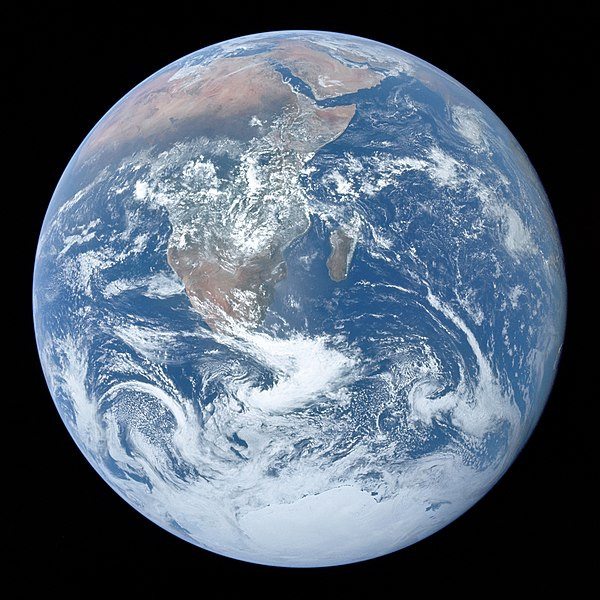For decades, bioethics has included philosophical explorations of the relationship between humans and the environment—explorations that closely relate to the medical and health-related pursuits by which bioethics is commonly understood today. Recent conversations have highlighted the health concerns associated with anthropogenic climate change: in September 2021, many of the top health journal editors came together to declare it “the greatest threat to global public health.” This public health challenge has brought increasing attention among bioethics scholars to environmental issues, a critical intersection where the Greenwall community has been and will continue to apply its expertise.
Some of the scholarship at the intersection of bioethics and the environment is about how healthcare practices should or will change when taking ecological considerations into account. In How Medicine Becomes Trash: Disposability in Health Care, Greenwall Faculty Scholar Alums Maria Merritt, PhD, and Jeremy Greene, MD, PhD, alongside coauthor Caroline L. Skolnik, MD, assert that the effort “to decarbonise health care remains in catch-up mode” behind momentum to reduce carbon emissions by other sectors. They attribute this lag in part to the “culture of disposability” of single use tools and medical products like syringes—a culture that could be mitigated by rejecting the assumption that such products need to be disposable. Also writing towards more responsible resource use in medical practice, Faculty Scholar Alum Aaron Kesselheim, MD, JD and co-authors published Climate Change and the Prescription Pad, offering a range of suggestions for mitigating climate-harming waste in healthcare, including improving medication adherence and rejecting free pharmaceutical samples. In the cardiovascular health space, Faculty Scholar Alum Daniel B. Kramer, MD, recently coauthored a systematic review of the ways that climate change “may impact incidence and outcomes of cardiovascular disease.”
And as healthcare practice will likely need to change to accommodate climate concerns, the impacts of rising global temperatures will also bring about new bioethics questions (or applications of existing ones) that the Greenwall community is poised to tackle. Making a Difference grantee Andrew Hantel, MD, is exploring “novel ethical questions [posed] to patients and clinicians about their environmental obligations and autonomy.” Maria Merritt, PhD’s Making a Difference project addresses how researchers in global health can most effectively partner with communities feeling the impact of climate injustice.
There are also questions surrounding the ways that climate change will make an impact on existing policymaking systems. In 2017, Faculty Scholar Alum David Winickoff, JD, used biofuels—a potentially critical energy resource in the transition away from fossil fuels—as a case study for how the global nature of the climate change threat has altered regulatory and governance landscapes beyond the local and regional capacities in which they have been historically deployed.
Whether in the clinic, the field, or the halls of policymaking, the threats presented by climate change to public health have pushed the relationship between humans and the environment back under the lens of bioethics. Faculty Scholar Alum Jennifer Blumenthal-Barby, PhD, and coeditors of the Journal of Medical Ethics recently emphasized this focus as they called for paper submissions that grapple with ethics in climate change, saying “we must ask how ethical analysis can contribute to solutions to the climate change emergency, and help to identify those ethical issues that should be prioritised in order to generate productive discussions that will spur action.” The Greenwall community been hard at work on climate change ethics for years, and that focus will keep growing as the challenges continue to arise.
